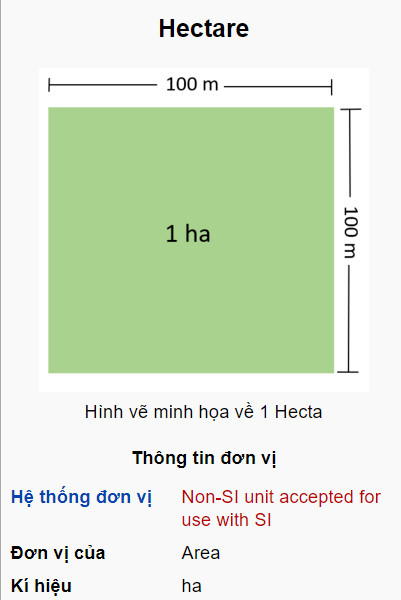

But the loss of British silver was short-lived. These silver transactions not only caused an enormous deficit in favor of the Qing court in Beijing, but also consternation in British merchant and diplomatic circles.

As the British demand for tea increased in the late seventeenth century, British traders were prompted to pay for the aromatic concoction and such other Chinese products as silk and rhubarb with silver. Hong Kong was the twin product of western opium dealers and the British addictive predilection for tea. Not that the British had ever previously doubted they could do with Hong Kong as they saw fit. Treaty of Nanjing would read: "The Island of Hong Kong to be possessed in perpetuity by Victoria and her successors and ruled as they shall see fit."* Sure enough, in the end, and to the dismay of the Qing court, Article 3 of the
#1 hecta la bao nhieu met vuong free
In 1842, however, Palmerston simply wanted to ensure that Hong Kong belonged to the British, free of any obligations or encumbrances. By 1860, Hong Kong would absorb the three and half square miles comprising a peninsula called Kowloon, as well as Stonecutters Island.Īnd by 1898, the Qing government would lease, for a period of ninety-nine years, a 355-square-mile area north of Hong Kong Island known as the New Territories. Eventually, of course, the colony would include more than just a thirty-two-square-mile island.

And so, by replacing Eliot with Henry Pottinger in 1841, Palmerston found someone who would be prepared to use all military might to coerce the Chinese into granting guarantees. To British foreign secretary Lord Palmerston, however, to appropriate Hong Kong without any other Chinese territories was tantamount to seizing a mere "Barren Island” with hardly a house on it."2 Palmerston wanted more. Though it was not officially a British colony until June 26, 1843, Hong Kong was, for all practical purposes, already under the flag of the British Empire the declaration of British sovereignty was made on January 26, 1841, as a result of a joint agreement between Charles Eliot, Britain's superintendent of foreign trade, and Qishan, the governor-general of Guangdong. Next to India, Hong Kong was the second most prominent jewel in Britain's star-studded imperial crown.

Entertainment at Government House, on Upper Albert Road, still centered around dances for a racially segregated, political and social class of chauffeur- and rickshaw-driven British colonials. WHEN LI KA-SHING AND HIS FAMILY arrived in Hong Kong in 1940 -just one small clan among 600,000 refugees escaping Guangdong province and Japan's reign of terror- the colony was very much a place for celebrating royal jubilees, imperial accessions and birthdays. Knowledgeworks Innovative Linguistic Solutions Pvt. Premium Quality Translation / Julia Ilyukhin Simi Agarwal/Telematic Solutions Translations / previously: T.M.Solutions - Languages Translation Bureau


 0 kommentar(er)
0 kommentar(er)
